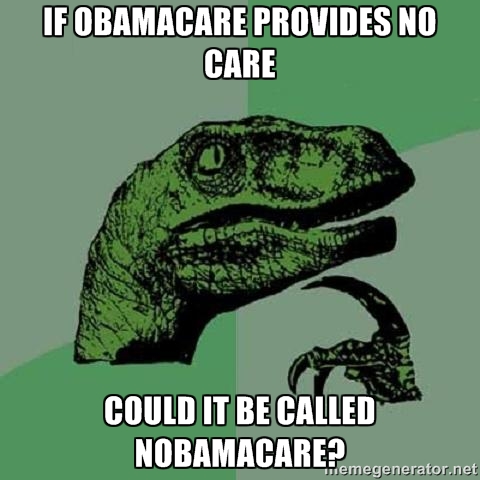In his new New York Times healthcare piece, “Driving a New Bargain on Health Care,” Tyler Cowen spells out the hard truth of Obamacare failings. Based on his prognosis, a lack of states extending Medicaid coverage will leave millions uninsured. This isn’t something that should excite anyone. However, it’s leading to wake up calls from top journalists. In his assessment Cowen offers a reaction to this shortcoming:
“At the same time, I’d recommend narrowing the scope of required insurance to focus on catastrophic expenses. If insurance picks up too many small expenses, it encourages abuse and overuse of scarce resources.”
As you know, we’ve been suggesting this for years now. When we as a nation can’t provide care for our own, that’s failing. But when we know something isn’t working (health insurance as health maintenance, for one) and we keep doing it, that’s even worse. So yes, while we’re nowhere near a solution, we’re moving towards a society that recognizes one thing: coverage is not care. It’s a point worth mentioning, because to many people, the idea that EVERYONE is insured sounds like utopia. For now, we’ll be the squeaky wheel reminding you that this isn’t really the case.
READ THE FULL NEW YORK TIMES ARTICLE HERE

